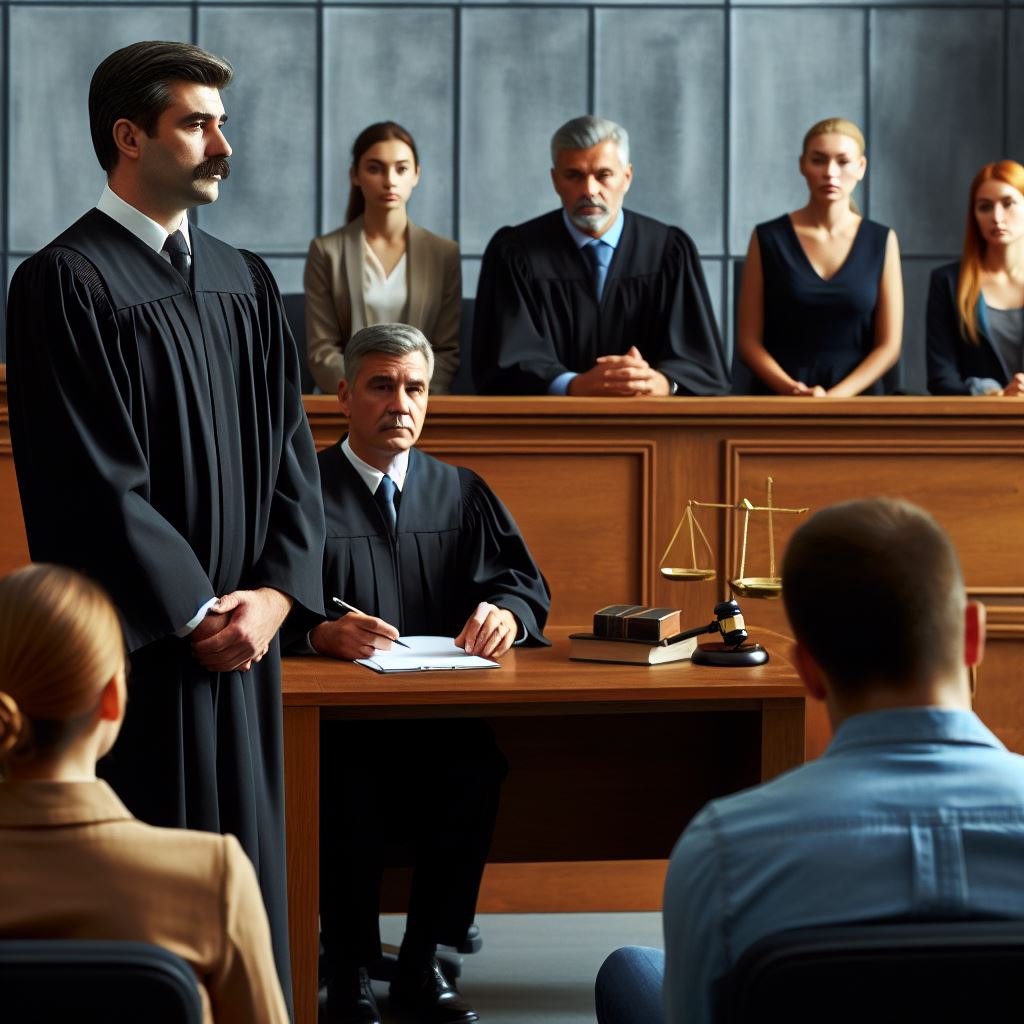CLOSURE OF CRIMINAL PROCEEDINGS
The closing of criminal proceedings can have different consequences for the suspect or the accused:
Contents of closing criminal proceedings
- If the criminal proceedings are closed, it means that the pre-trial proceedings of the case are terminated, and the prosecution will not be sent to court.
- The suspect or the accused is considered innocent of the crime for which he was accused.
Consequences for the suspect or accused
- If the proceedings are closed due to lack of evidence or other reasons, the suspect or the accused can continue his normal life without the burdensome legal process.
Entities authorized to close criminal proceedings
- The investigator and prosecutor, in cases defined by law, has the right to close criminal proceedings, including if he believes that there are no sufficient grounds for further proceedings.
- The judge can also make a decision to close the criminal proceedings during the court session in cases specified by law.
List of circumstances under which criminal proceedings may be closed
1. When the fact of the crime is not revealed.
2. When the committed act does not contain the elements of a crime.
3. When there is not enough evidence of guilt for the court and all methods of obtaining it have been exhausted.
4. When the person who committed the crime has not been identified and the statute of limitations has expired, except for serious crimes against life or health or crimes punishable by life imprisonment.
5. When the law that defined the act as criminal has lapsed.
6.When the suspect or accused has died and there is no need for rehabilitation proceedings.
7. When there is a judgment or court order closing the proceedings on the same charge.
8. When the victim or his representative waives the charge, except for domestic violence crimes.
9. When the consent of the extraditing state is not obtained for criminal proceedings.
10. When a tax compromise is reached for the actions provided for in Article 212 of the Criminal Code of Ukraine.
11. When there is an uncancelled resolution of the prosecutor to close proceedings for a similar act.
12. When the period of pre-trial investigation has expired after the notification of suspicion, except in cases of serious crimes against life and health.
Participants in the proceedings may submit a motion to close the proceedings if there are relevant grounds. Please note that this list is general and may have exceptions depending on the specific circumstances of the case.
About the importance of obtaining professional legal assistance in criminal cases
Professional legal aid in criminal cases plays an important role in ensuring justice and protecting the rights of suspects and accused persons.
ЗаголовокThe importance of professional protection:
- Lawyers, as professionals, ensure equal access to justice.
- They help suspects and accused persons understand their rights and responsibilities in criminal proceedings.
Analysis of case materials:
- Lawyers professionally analyze evidence, testimony and other case materials, carry out a complex legal analysis of the situation and analysis of documents.- It helps to identify weaknesses, errors or deficiencies in the evidence.
Preparation of petitions:
- If there are grounds for closing the case, taking into account the legal opinion, lawyers prepare a motion with justification and evidence.
- This can be submitted to the court or the prosecutor in order to close the criminal proceedings.
Defense in court:
- Lawyers represent the interests of suspects and accused persons at the court hearing.
- They make arguments, defend rights and help avoid undeserved punishment.
In general, professional legal assistance, which can be consultation of a lawyer and online assistance of a lawyer, is necessary to ensure justice and respect for human rights in criminal cases. The state guarantees access to professional legal assistance. If the suspect or accused person does not have the financial means to order professional legal assistance services, the state provides protection, in such a case, at the expense of taxpayers.

































